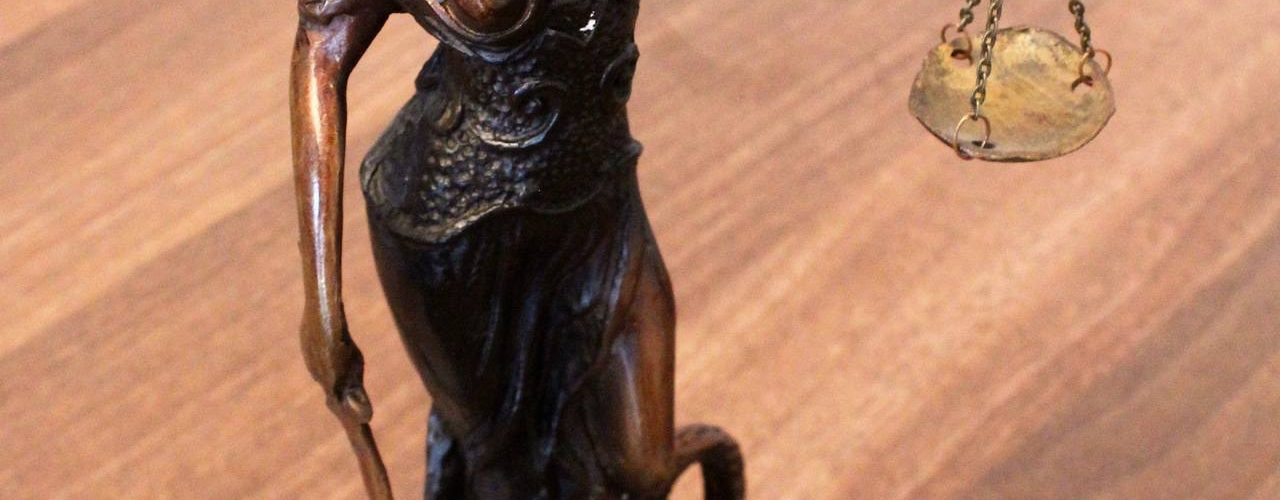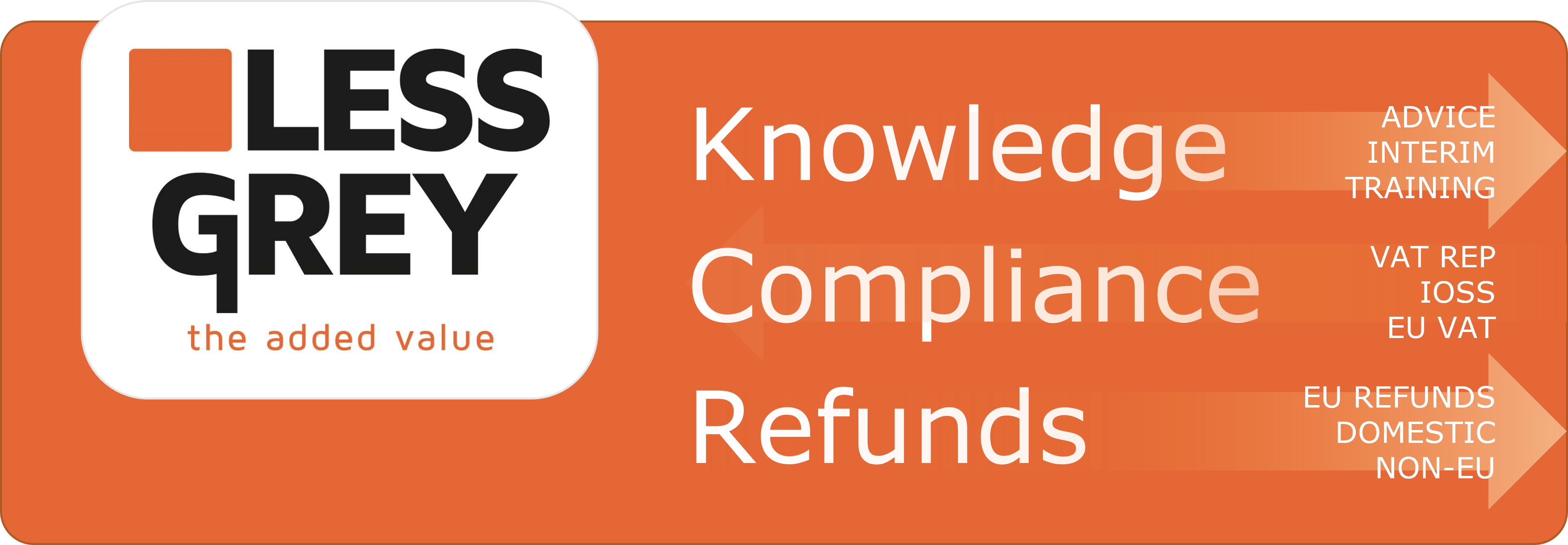On March 25, 2010, the ECJ issued its decision in the case C-79/09 (Commission v Netherlands).
Context: Failure of a Member State to fulfil its obligations – Value added tax – Directive 2006/112/EC – Articles 13 and 132 – Bodies governed by public law – Capacity of public authorities – Activities – Treatment as non-taxable persons – Exemptions – Health, education and sociocultural sectors – ‘Euroregions’ – Promotion of occupational mobility – Supply of staff – Burden of proof
Article in the EU VAT Directive
Articles 13, 24(1), 132 and 134 of the EU VAT Directive 2006/112/EC.
Article 13 (Taxable person – Public bodies)
1. States, regional and local government authorities and other bodies governed by public law shall not be regarded as taxable persons in respect of the activities or transactions in which they engage as public authorities, even where they collect dues, fees, contributions or payments in connection with those activities or transactions.
However, when they engage in such activities or transactions, they shall be regarded as taxable persons in respect of those activities or transactions where their treatment as non-taxable persons would lead to significant distortions of competition.
In any event, bodies governed by public law shall be regarded as taxable persons in respect of the activities listed in Annex I, provided that those activities are not carried out on such a small scale as to be negligible.
2. Member States may regard activities, exempt under [Article 132], engaged in by bodies governed by public law as activities in which those bodies engage as public authorities.’
Article 24(1) (Taxable transaction – Supply of services)
‘“Supply of services” shall mean any transaction which does not constitute a supply of goods.’
Article 132 (Exemptions for certain activities in the public interest)
1. Member States shall exempt the following transactions:
(b) hospital and medical care and closely related activities undertaken by bodies governed by public law or, under social conditions comparable with those applicable to bodies governed by public law, by hospitals, centres for medical treatment or diagnosis and other duly recognised establishments of a similar nature;
(c) the provision of medical care in the exercise of the medical and paramedical professions as defined by the Member State concerned;
(g) the supply of services and of goods closely linked to welfare and social security work, including those supplied by old people’s homes, by bodies governed by public law or by other bodies recognised by the Member State concerned as being devoted to social wellbeing;
(i) the provision of children’s or young people’s education, school or university education, vocational training or retraining, including the supply of services and of goods closely related thereto, by bodies governed by public law having such as their aim or by other organisations recognised by the Member State concerned as having similar objects;
(n) the supply of certain cultural services, and the supply of goods closely linked thereto, by bodies governed by public law or by other cultural bodies recognised by the Member State concerned;
(o) the supply of services and goods, by organisations whose activities are exempt pursuant to paragraphs (b), (g), …, (i), … and (n), in connection with fund-raising events organised exclusively for their own benefit, provided that exemption is not likely to cause distortion of competition;
2. For the purposes of point (o) of paragraph 1, Member States may introduce any restrictions necessary, in particular as regards the number of events or the amount of receipts which give entitlement to exemption.’
Article 134
The supply of goods or services shall not be granted exemption, as provided for in paragraphs (b), (g), …, (i), … and (n) of Article132(1), in the following cases:
(a) where the supply is not essential to the transactions exempted;
(b) where the basic purpose of the supply is to obtain additional income for the body in question through transactions which are in direct competition with those of commercial enterprises subject to VAT.’
Facts & Questions
- It can be seen from the Commission’s application that the Commission relies on two complaints against the Kingdom of the Netherlands. The first complaint alleges, in essence, that the Member State infringed Article 132 of Directive 2006/112 by exempting the supply of staff in the sociocultural, health and educational sectors from VAT. The second complaint alleges, in essence, that the Member State concerned infringed Article 13 of that directive, by providing that the supply of staff by bodies governed by public law to Euroregions and in connection with the promotion of occupational mobility is not subject to VAT.
- As a preliminary remark, it should be noted that the Kingdom of the Netherlands finds it regrettable that the Commission’s request merely reproduces the terms of the reasoned opinion and does not take into account the arguments put forward in response to it. By doing so, it claims, the Commission has failed to do justice to one of the fundamental objectives of the pre-litigation procedure, that of defining the subject matter of the dispute with a view to bringing an action before the Court.
- It should be noted that the purpose of the pre-litigation procedure is to afford the Member State an opportunity to comply with its obligations under EU law or to avail itself of its right to defend itself against the complaints made by the Commission. The proper conduct of the pre-litigation procedure constitutes an essential guarantee not only in order to protect the rights of the Member State concerned, but also so as to ensure that the contentious procedure will have as its subject matter a clearly defined dispute (see, to that effect, inter alia, judgment of 13 December 2001, Commission v France, C‑1/00, EU:C:2001:687, paragraph 53).
- Accordingly, the pre-litigation procedure pursues the following three objectives: to allow the Member State to put an end to any infringement, to enable it to exercise its rights of defence and to define the subject matter of the dispute with a view to bringing an action before the Court (judgment of 10 December 2002, Commission v Ireland, C‑362/01, EU:C:2002:739, paragraph 18).
- However, it is common ground in the present case that the Commission has not prevented the Kingdom of the Netherlands from putting an end to the alleged infringement and has not impaired its rights of defence.
- As regards the claim that in its application the Commission failed to take into account the observations of the Kingdom of the Netherlands in response to the reasoned opinion, even were it established, that circumstance had no effect on the definition of the subject matter of the dispute since, as can be seen from paragraph 17 of this judgment, in its response to the reasoned opinion the Kingdom of the Netherlands, in essence, maintained the arguments it advanced in its response to the letter of formal notice (see, by analogy, judgment of 10 December 2002, Commission v Ireland, C‑362/01, EU:C:2002:739, paragraph 20).
- It is therefore appropriate to examine the merits of the Commission’s allegation that the Kingdom of the Netherlands failed to fulfil its obligations.
- It should be recalled that, according to established case-law, in proceedings for failure to fulfil obligations under Article 226 EC, it is for the Commission to prove that failure. It is the Commission’s responsibility to place before the Court the information needed to enable the Court to establish that the obligation has not been fulfilled and in so doing the Commission may not rely on any presumptions (see, inter alia, judgments of 12 September 2000, Commission v Netherlands, C‑408/97, EU:C:2000:427, paragraph 15, and of 29 October 2009, Commission v Finland, C‑246/08, EU:C:2009:671, paragraph 52).
AG Opinion
None
Decision
On those grounds, the Court (Second Chamber) hereby:
1. Dismisses the action;
2. Orders the European Commission to pay the costs.
Summary
Source
Similar ECJ cases
Reference to the case in the other EU MS
Newsletters
Join the Linkedin Group on ECJ VAT Cases, click HERE















